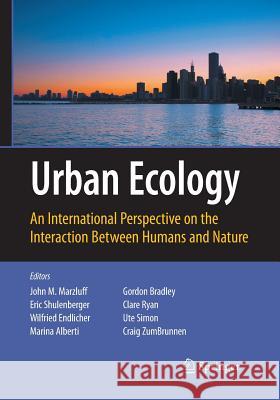Urban Ecology: An International Perspective on the Interaction Between Humans and Nature » książka
topmenu
Urban Ecology: An International Perspective on the Interaction Between Humans and Nature
ISBN-13: 9781489977632 / Angielski / Miękka / 2016 / 808 str.
Kategorie:
Kategorie BISAC:
Wydawca:
Springer
Język:
Angielski
ISBN-13:
9781489977632
Rok wydania:
2016
Wydanie:
Softcover Repri
Ilość stron:
808
Waga:
1.41 kg
Wymiary:
25.4 x 17.78 x 4.22
Oprawa:
Miękka
Wolumenów:
01
Dodatkowe informacje:
Wydanie ilustrowane











